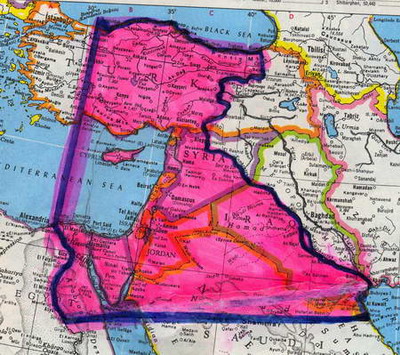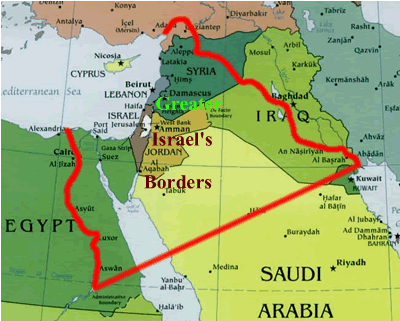|
The Brit-Am Rose |
|
The Brit-Am Rose |
|
Brit-Am Discussion Group |
Contents by Subject |
Research Revelation Reconciliation Contribute |
|
Site Map Contents in Alphabetical Order |
This Site |
Greater Israel According to Brit-Am and other authorities
|
Greater Israel According to More Conventional Sources
|
4. The king had also other rulers, who were over the land of Syria and of the Philistines, which reached from the river Euphrates to Egypt, and these collected his tributes of the nations. Now these contributed to the king's table, and to his supper every day (3) thirtycori of fine flour, and sixty of meal; as also ten fat oxen, and twenty oxen out of the pastures, and a hundred fat lambs; all these were besides what were taken by hunting harts and buffaloes, and birds and fishes, which were brought to the king by foreigners day by day. Solomon had also so great a number of chariots, that the stalls of his horses for those chariots were forty thousand; and besides these he had twelve thousand horsemen, the one half of which waited upon the king in Jerusalem, and the rest were dispersed abroad, and dwelt in the royal villages; but the same officer who provided for the king's expenses supplied also the fodder for the horses, and still carried it to the place where the king abode at that time.
 1-Kings ch.3 |
 |
1-Kings ch.5  |